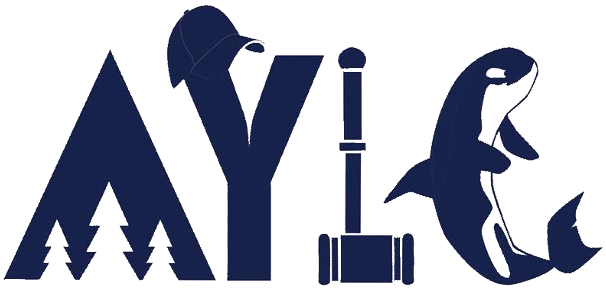Getting Fired
Getting Fired

What rights do I have if my employer fires me?
Generally, in Alaska, you are employed at will. This means your boss may fire you without any advance notice, for any reason or for no reason, except that you cannot be fired for a reason that is illegal discrimination, or violates public policy. Illegal discrimination means being treated differently from other employees because of your sex, marital status, change in marital status, pregnancy, parenthood, race, religion, color, or national origin, or because of a physical or mental disability. In most private companies, the employer does not have to give you warnings about unsatisfactory work, or the chance to do better at your job. You can be fired at any time and without any reason.
In contrast, after a probationary period, most public employers can fire you only for good cause. (Public employers are city, state, or other government offices or agencies). The same is true for most union jobs. Good cause means the reason to fire or discipline a worker is not an arbitrary, capricious, or illegal reason, and is based on substantial facts that the employer reasonably believes to be true. Good cause to fire an employee can also be defined in the union agreement or the employer’s personnel rules. But the employer doesn’t have to show good cause to terminate temporary hires or a person who has an individual contract without any expectation of long term employment.
If you are fired, your employer must pay you the rest of the wages you have earned within three working days after you are fired. If you quit your job, your final wages are due at the next regular payday that is at least three days after your last day worked.



